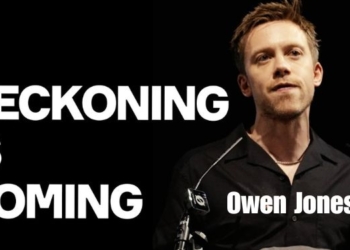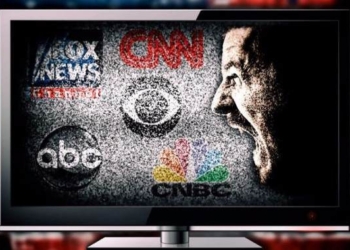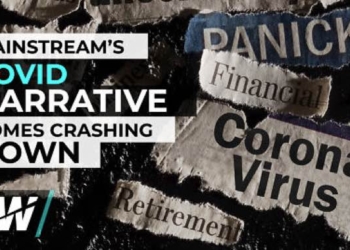
We live in a world where, most would agree, there is a lot that goes on that we will never know about. For some of us, one of the most liberating things is the ability to be a skeptic – to open our eyes and deal with the world not with naivete, but with a questioning mind. Indeed, there are plenty who champion the internet and social media for being a way of getting the facts to people without a filter and without bias.
There is no doubt that a world can’t really work properly without an informed populace. Whatever your own personal views on an issue, or on the world in general, it has to be a good thing if more people know more about how the world works. Informed decisions are, by their very nature, better decisions than gut reactions. However, the flip side of this is that getting informed, staying informed, and processing the information you have is difficult to do.
Avoiding confirmation bias is tough
It is very easy to fall into a trap of only believing stories, or interpretations on a story, that we would like to be true. When we read something, no matter the source, we very quickly judge whether the information has the “ring of truth” about it. Very often, we decide that it does simply because it chimes with how we understand the world. It’s advisable to check in with a source or two that you don’t usually agree with, and to fact check your preferred sources. Because let’s face it, what are the chances that you’re right 100% of the time?
A narrow focus will only harm your attention span
When you feel that you have had your eyes opened on a particular issue, it can be hard to think about anything else, and if you do shift your attention, you can still be looking at it through a filter. If you’re focusing too hard on government and foreign policy, you can lose sight of healthcare matters. If you’re reading everything you can on epidemiology, you might flat out miss things like angel numbers. Opening your eyes is just one part of being an attentive person. Part Two is standing back and surveying everything critically.
It’s OK to disagree; especially among like minds
Similarly to the point about focusing too narrowly, you can waste a lot of time by trying to get people to see the world (and everything in it) from your point of view. Ask yourself, does that sound like free thinking? Can you really decry how people “just believe everything they’re told” and then have an issue when someone challenges what you tell them? People who you consider friends and allies will disagree with you about some things. That’s better than the alternative; disagreement sharpens our own arguments and shows we’re thinking.
It is more than fine to view the world through a skeptical lens, but it’s important not to fall into the trap of thinking everyone else is a drone who blindly obeys authority. None of us has all the answers, and we have to get there in our own time.














